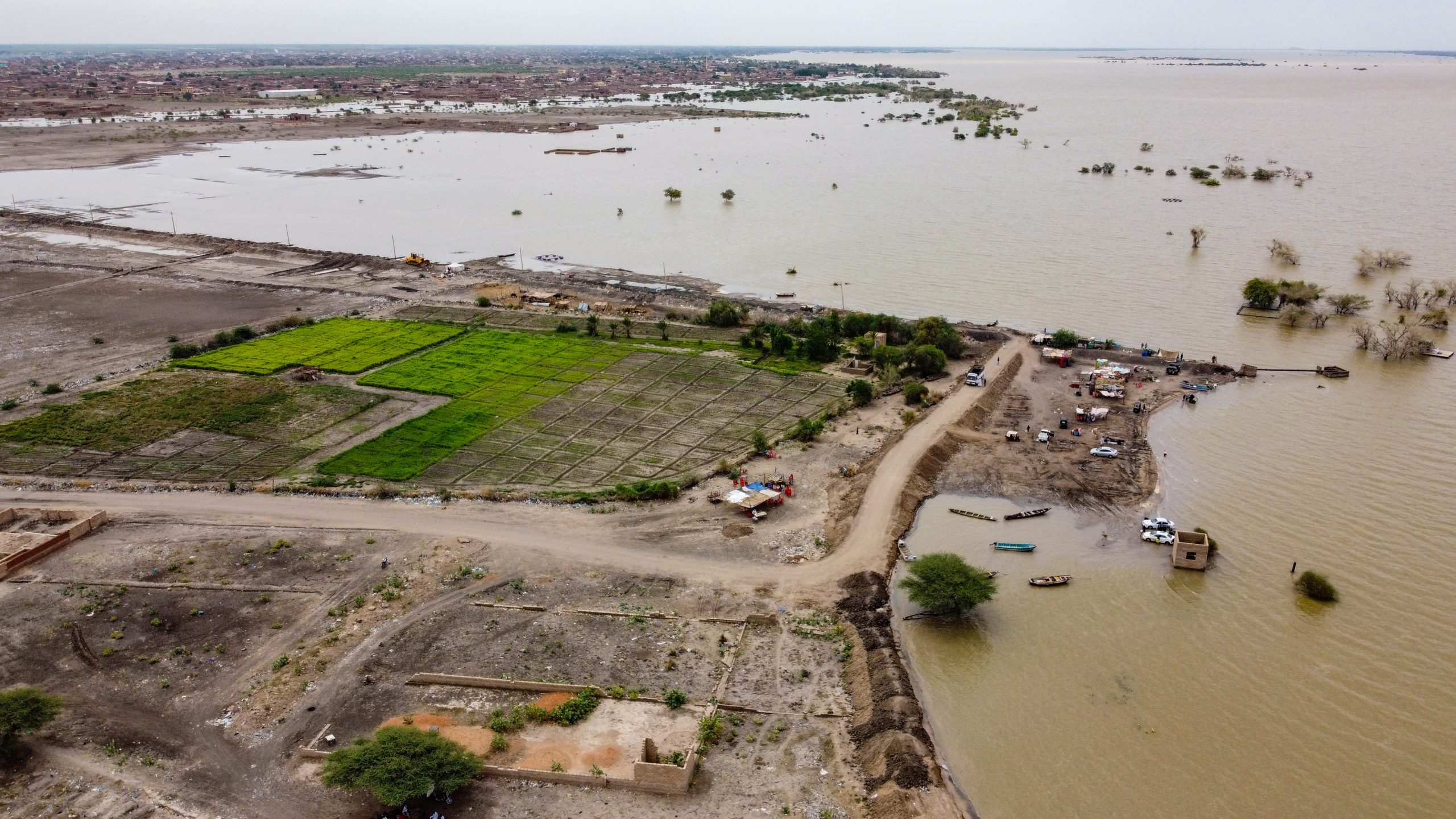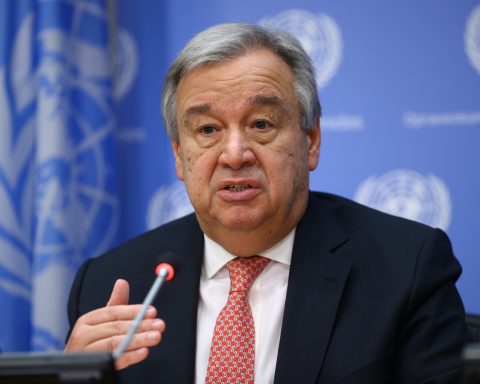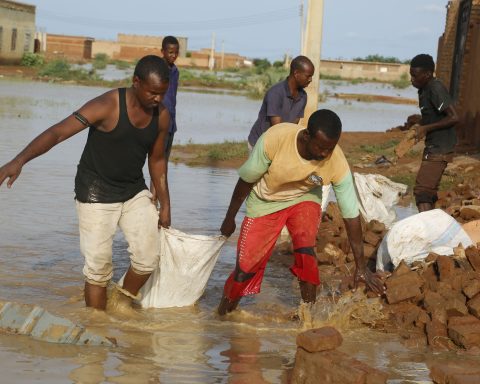Officials in Khartoum have stated that they want Ethiopia to sign a pact and share data in order to avoid human and economic losses in the future.
Although recent floods in Sudan have renewed concerns about the Great Ethiopian Renaissance Dam’s (GERD) impact on riparian states, officials in Khartoum stated they are still committed to finding diplomatic solutions to the water dispute.
As many as 50 people have been reported deceased in Sudan as a result of floods supposedly induced by the dam’s second filling.
Sudan wants Ethiopia to sign a bilateral agreement and exchange data on a regular basis, according to a Sudanese official who requested anonymity. Sudan, like Egypt, is looking forward to enjoying the benefits of the dam.
Sudan had encouraged Addis Ababa to provide information in order to avert losses farther downstream. Over the last two months, many powerhouses in the country have gone out of service, along with the country’s health and environmental systems crumbling.
The Sudanese transitional government has stated that it will not return to African Union-sponsored talks with Ethiopia unless international mediation is guaranteed. Egypt and Sudan tried unsuccessfully last month to request the UN Security Council to put pressure on Ethiopia to halt the second GERD file.
Sudan’s Civil Defense Force spokesperson Abdul Galil Abdul Raheem stated that the current floods had caused thousands of houses to fall and thousands of people to be affected.
According to Misoon Ali of the Sudanese Irrigation Ministry, GERD caused water and electricity installations along the Blue Nile River to shut down in July and August. “Around 13 water stations went out of service last year, which caused a wide shortage of water, which was noticeable for the citizens of Khartoum and other cities,” she said.














